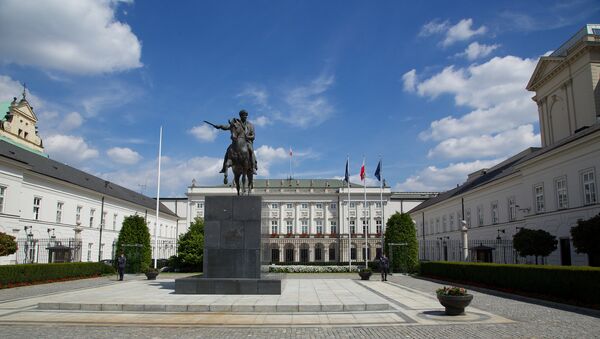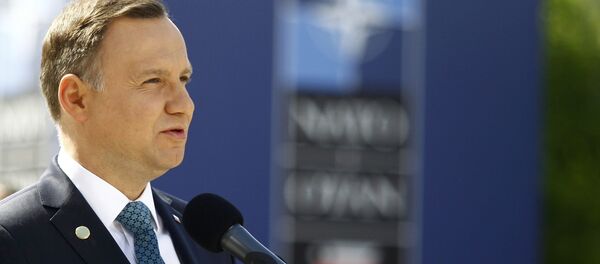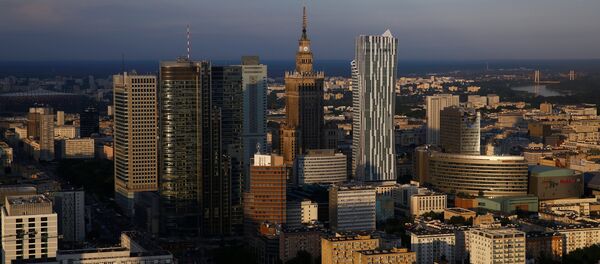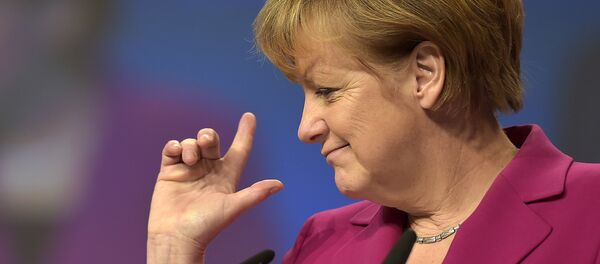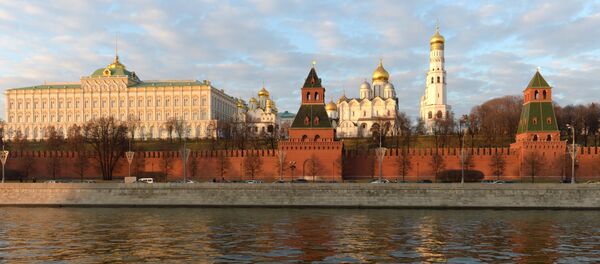The Three Seas summit will be jointly hosted by Poland and Croatia. The Three Seas Initiative aims to boost cooperation among countries between the Black, Baltic and Adriatic Seas. Apart from Poland, the Three Seas Initiative comprises Czech Republic, Slovakia, Hungary, Lithuania, Latvia, Estonia, Austria, Romania, Bulgaria, Croatia and Slovenia.
The decision to move the meeting to the Polish capital from the country's southwestern city of Wroclaw was made for "logistical and security reasons" after the White House confirmed that President Trump, who was invited to the Summit, will visit Poland and attend the gathering on July 6, before joining the Group of 20 summit in Hamburg, Germany (July 7-8).
According to the White House, Trump "will attend the Three Seas Initiative Summit to demonstrate our strong ties to Central Europe."
The main aim of the Three Seas initiative is to raise the region's standing in Europe, but also to make it attractive as an economic partner for the US.
Sputnik Polska sat down with Adam Wielomski, a Polish political science professor and deputy editor in chief of the political portal Konservwatyzm.pl to talk about what the "concept of Pilsudski" actually was and what might have triggered Prague's objections.
The "concept of Pilsudski" was a plan pursued by Polish leader Jozef Piłsudski. He was Chief of State (1918–22), "First Marshal of Poland" (from 1920), and de facto leader (1926–35) of the Second Polish Republic as Minister of Military Affairs.
He pursued his plan, known in English as Intermarium, following the end of World War I, with the intention of creating a federation of Central and Eastern European countries. Invited to join the proposed federation were the Baltic States (Lithuania, Latvia, Estonia, Finland), Belarus, Ukraine, Hungary, Romania, Yugoslavia and Czechoslovakia.
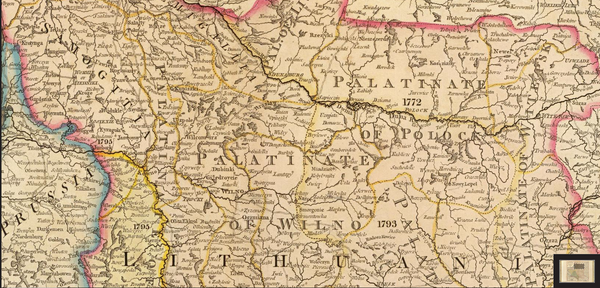
The proposed federation was meant to emulate the Polish-Lithuanian Commonwealth, stretching from the Baltic Sea to the Black Sea, that, from the end of the 16th century to the end of the 18th, had united the Kingdom of Poland and the Grand Duchy of Lithuania.
Adam Wielomski explained that the concept initially suggested that Poland would de facto become the guiding force of this project. Hence it could not and did not eventually get any due support because in that interbella period it was perceived as manifestation of Polish imperialism, which actually corresponded to reality.
"I think that everyone who knows the history of Poland and Polish political thought sees the same thing when they look at the Three Seas Initiative: Poland strives to create a federation under its informal authority. It triggered alarm among the Czechs, who took the idea very skeptically," the political scientist said.
"Frankly speaking, I am not sure what Donald Trump is going to say during his visit to Poland. Whether he is going to give a "green light" to the Three Seas Initiative or not. I won't try to predict anything. It is an innovative idea to create an alternative center of power against Russia on the one hand, and Germany – on the other," Wielomski said.
However he further explained that the countries which are supposed to join this federation are firstly, relatively weak economically, and secondly, are being torn apart internally and have historic conflicts among each other.
In this particular case, he said, the support of the US could have become a joint which could have sealed this union, which could have become an independent structure between Russia and the EU.
Adam Wielomski also pointed out the weak aspects of the project. There are three of them: first, it is weak economically. All these countries, to the larger or the lesser degree, depend on Western Europe. Frankly speaking, all of them are just constituents of the German economy. They are simply unable to exist without Germany, as Germany is their main export market.
And thirdly, one should question whether this project will become truly American or it will remain just a project of one president – Donald Trump.
The political analyst noted that this idea has been circulating in Poland for several decades; however it had not found the support of any US administration.
If this project is going to be implemented solely with the support of Donald Trump, he said, it is doomed to exist only while Trump is president. Unfortunately, he can't stay in power forever. There is no doubt that if the next president is a Democrat like Hillary Clinton, the project won't get any support.
Hillary Clinton wants to cooperate with Europe and sees Germany as its major partner and not some confederation of weak Central and Eastern European states. This is the sorest spot of this construction – it is not set up for decades but rather for one, maximum two presidential terms in the US.
Hungary, in turn, keeps maneuvering between Berlin and Moscow, trying to maintain good relationship with both, while Warsaw does not long for good ties with either one. Besides, Ukraine and the Baltic States, which are also part of the project, are very cautious about Poland becoming a potential hegemon, the political analyst concluded.

